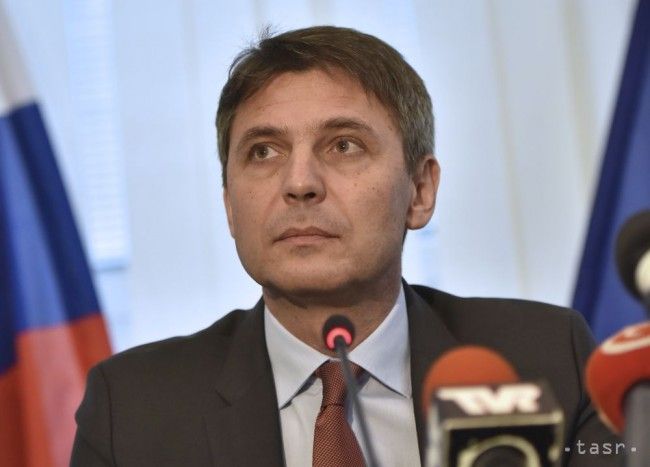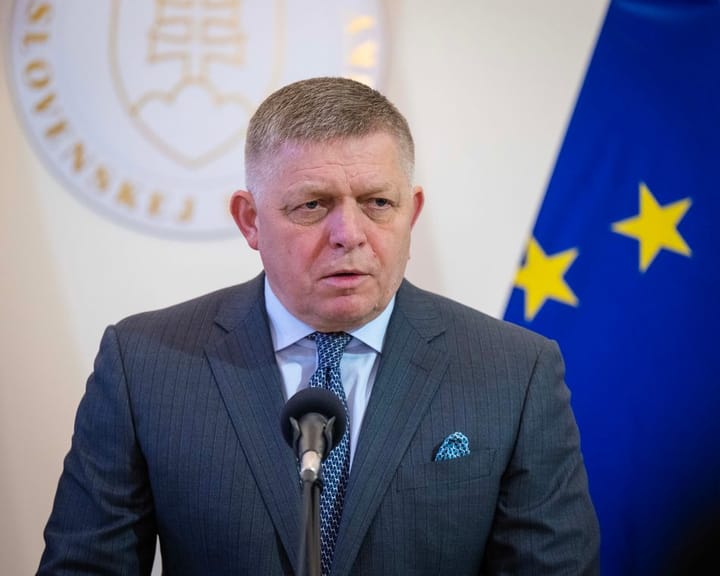Nesrovnal: Bratislava Looking to Keep Up with Smart City Solutions

Brussels/Bratislava, July 14 (TASR) – Young Slovaks and Czechs living in Brussels met mayor of Bratislava Ivo Nesrovnal and mayor of Prague Adriana Krnacova late on Thursday to discuss the ‘smart cities’ concept, TASR learnt on Friday.
At an event held at ‘Prague House’ in Brussels, Krnacova and Nesrovnal were grilled as to how prepared their respective cities are both to embrace the challenges facing them in the 21st century and to deal with present-day problems.
The event was organised by an informal association of Slovaks and Czechs in Belgium dubbed ‘From the Tatras to Schuman’ [in recognition of Robert Schuman, one of the EU’s founding fathers – ed. note], in conjunction with Prague House and Bratislava City Hall.
The two mayors concurred that the term ‘smartification’ is justifiably making its way into their vocabularies given their commitment to ensuring that Prague and Bratislava become more environmentally friendly and energy efficient and benefit from digital technologies and electric mobility.
“We’ve now completed a ‘smart concept’ for the city’s development, which we’ve partly prepared in collaboration with Vienna and Brno,” said Nesrovnal.
The concept focuses on integrating transport in the city with that in Bratislava region, regulating car parking in the city, introducing smart rubbish bins, reducing energy demand in buildings by dint of, for example, green roofs, and on extending the use of public lightning.
Nesrovnal said that Bratislava is the only capital city in Europe not to have the status of a region at the same time. This results in lower EU funds for development as well as reduced powers in suburban transport, while the challenges that it faces are equivalent to those in other European capitals.
“Funding a capital with a budget allocated to a ‘regional’ city such as Brno is impossible long term,” said Nesrovnal.
Nevertheless, Bratislava is doing its best to keep pace with current trends involving digitalisation, said Nesrovnal.
He added that a project introducing the delivery of digital public services by local authorities has just been completed. As a result, at least 80 services have been at the fingertips of Bratislavans from their homes since 2016, relieving them of the need to visit local offices.
An additional 55 such services are set to be put into operation by the end of this year. Ultimately, City Hall is aiming for all of its services to be digital.



